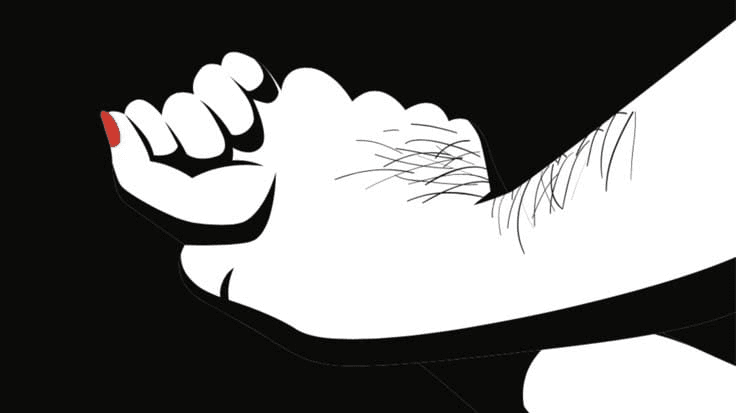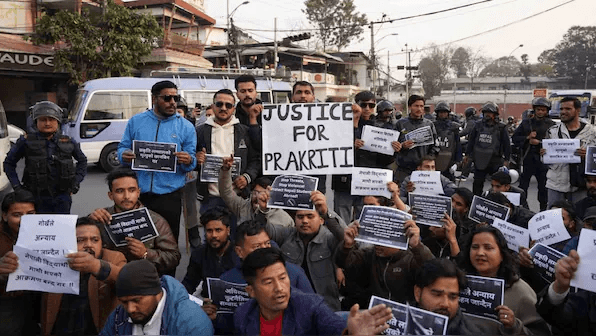 In India, where over 700 million people scroll through their socials daily, justice isn’t just delivered in courtrooms; it’sjudged, debated, and sometimes decided in the comment sections.
In India, where over 700 million people scroll through their socials daily, justice isn’t just delivered in courtrooms; it’sjudged, debated, and sometimes decided in the comment sections.
Social media has become a virtual courtroom, a public gallery, and an unruly mob. It can spark revolutions overnight, but like all trends, it has a short attention span. The bigger question lies, what happens to justice once the hashtags stop trending?
Let’s Begin with the Recent Pune Porsche Case:
A luxury car, a wealthy teenager, a horrific crash, and two innocent lives lost. Within hours; Instagram reels and Twitter threads transformed the case into a wrath. Anger surged when reports emerged that the teen was allegedly served pizza and biryani in custody. The digital mob roared, and the authorities; initially sluggish, were forced to act.
But give it a week or two, and the same internet will have moved on to the next viral controversy. Without that sustained heat, will justice still burn bright??
This is the paradox of social media justice: piping hot, but often short-lived.
Take the Nirbhaya Gangrape Case (2012):
The moment when India’s collective conscience erupted. Social media played a vital role, turning city streets into protest zones and forcing the government to amend archaic rape laws. The impact was undeniable. But even in this most horrifying of cases, the justice process dragged for over seven years. The executions happened only after recurring waves of online outrage rekindled interest. Had those digital waves died down completely, one wonders if justice would’ve drowned in red tape.
But it's not all-or-nothing.
Social Media has definitely amplified the unheard.
In the Asifa Bano Case (2018):
A minor raped and murdered inside a temple; initial attempts were made to shield the accused due to political and religious pressures. But once the gruesome details surfaced online, public fury exploded. Hashtags like #JusticeForAsifa went global, forcing a proper investigation.
This is the best-case scenario: social media as a watchdog, pushing for accountability.
However, it's a slippery slope.
The Sushant Singh Rajput Case (2020) is a Cautionary Tale:
What started as mourning soon morphed into a circus. Armchair detectives, YouTubers, and even news anchors spun wild conspiracy theories. Reputations were destroyed. Accusations flew freely—without proof, without pause. In this case, social media didn’t just influence the case, it hijacked it. Justice became entertainment. The noise was deafening, but clarity was nowhere in sight.
And then there's The Bilkis Bano Case (2022):
When 11 men convicted of rape and murder during the 2002 Gujarat riots were released, celebrities, activists, and common citizens demanded answers. But as the trend faded, so did the momentum. Today, few talk about it, even though it strikes at the heart of justice and women’s safety.
So the Question becomes: is Social Media a Hero or a Villain?
Actually, it’s both. When the spotlight is on, it can illuminate dark corners the legal system often ignores. But when that light fades, it can leave victims stranded.
Adding on, the system of hashtag-driven justice has become a dangerous hierarchy. Hundreds of cases of caste-based violence, domestic abuse, or police brutality go unnoticed because they don’t come with viral videos or dramatic headlines. Justice shouldn’t be a popularity contest, but in the age of likes and retweets, it often becomes one.
Justice doesn’t end when the hashtags stop trending. It begins when we refuse to let silence guide us. Yes, Social media has power, but its only meaningful when it fuels persistence.
So the next time your feed flashes with injustice, don’t just react. RESPOND.
Because Justice isn’t a trend. And when it is treated like one; it dies with the scroll.
Written by Pranati Soni


